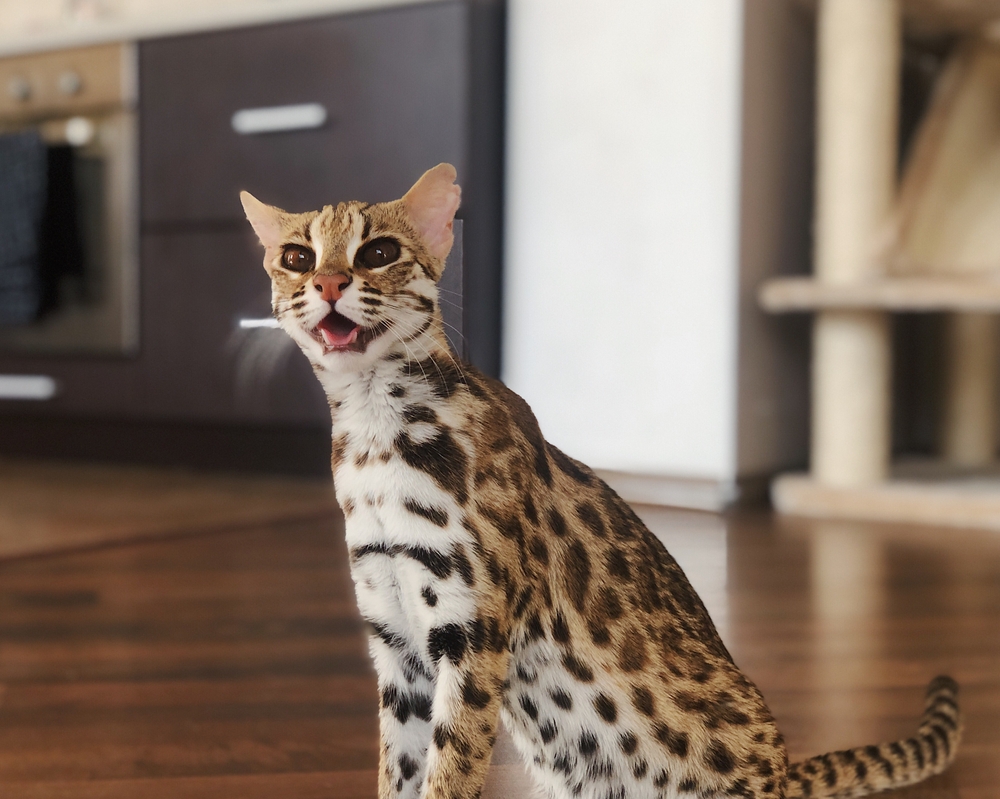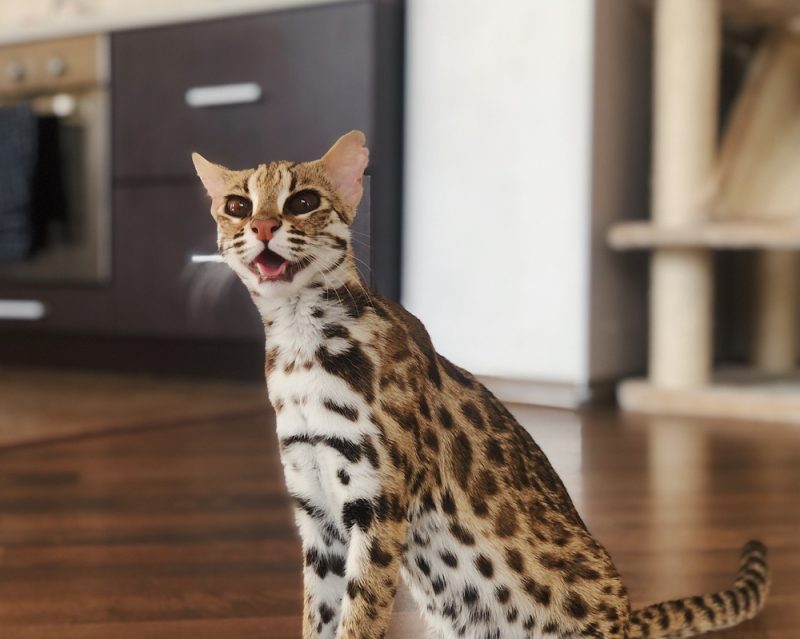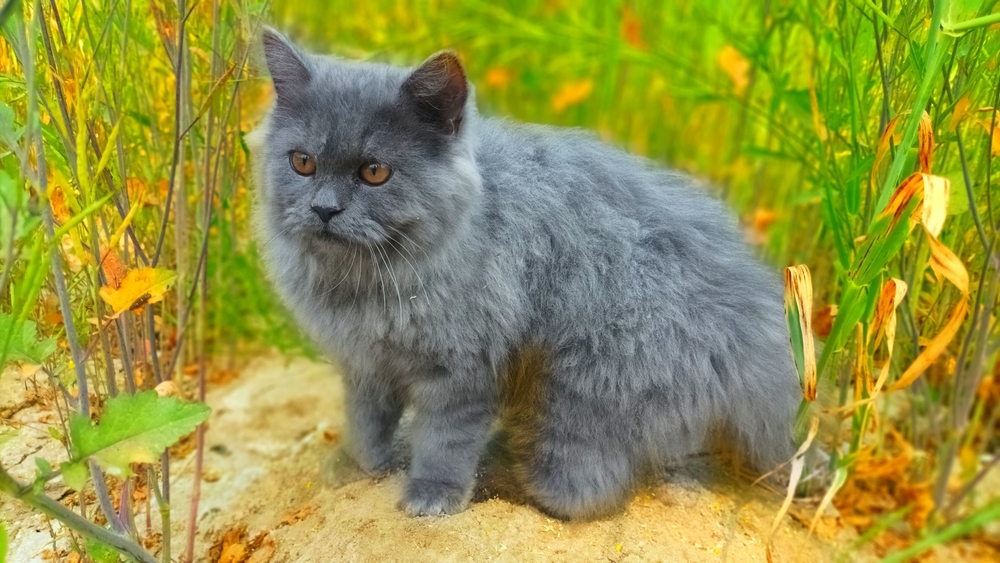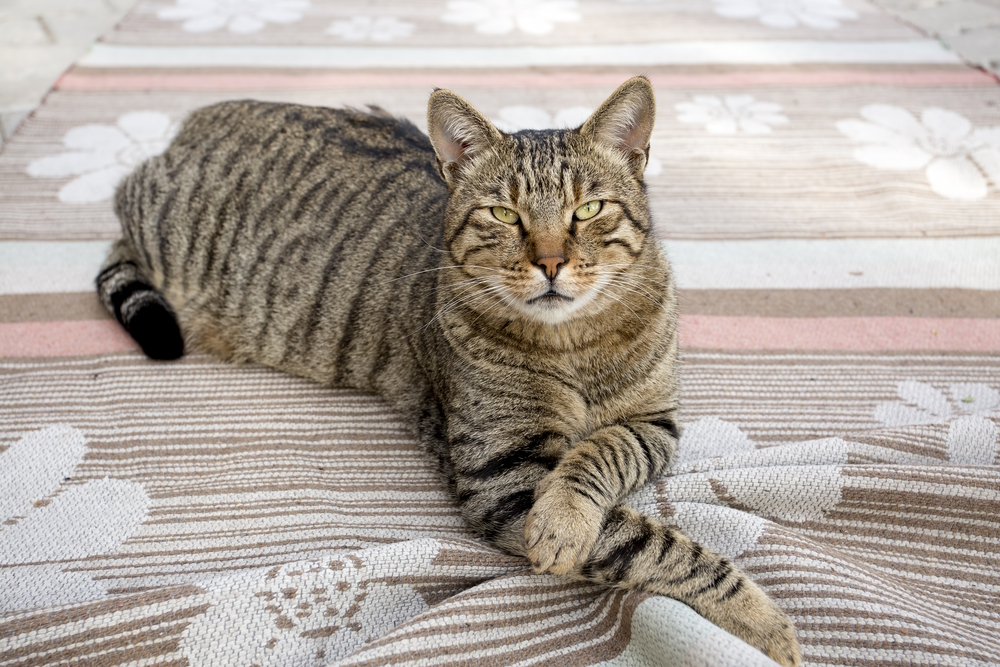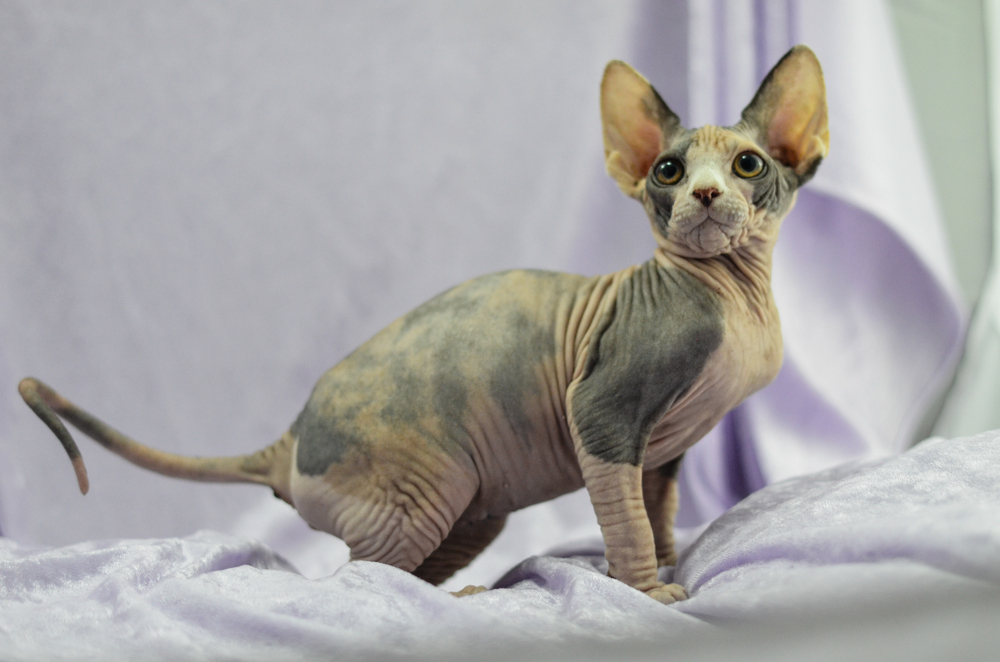The only thing cuter than a cat is a tiny version of a big cat. How awesome would it be to own a little Shetland lion? However, there aren’t many around that fit the bill unless you venture into the world of exotic small cats.
The problem with exotic cat breeds is that while the idea of owning one is certainly attractive, they’re often not legal to keep as pets. There’s a good reason for that, as many exotic breeds are nowhere near domesticated. However, if you have your heart set on one, there are a few exotic breeds that are legal to own. Our list will show you 10 of the most popular exotic small cats but beware, they’re expensive and hard to care for.
The 10 Small Exotic Cat Breeds You Can Keep as Pets
1. Bobcats
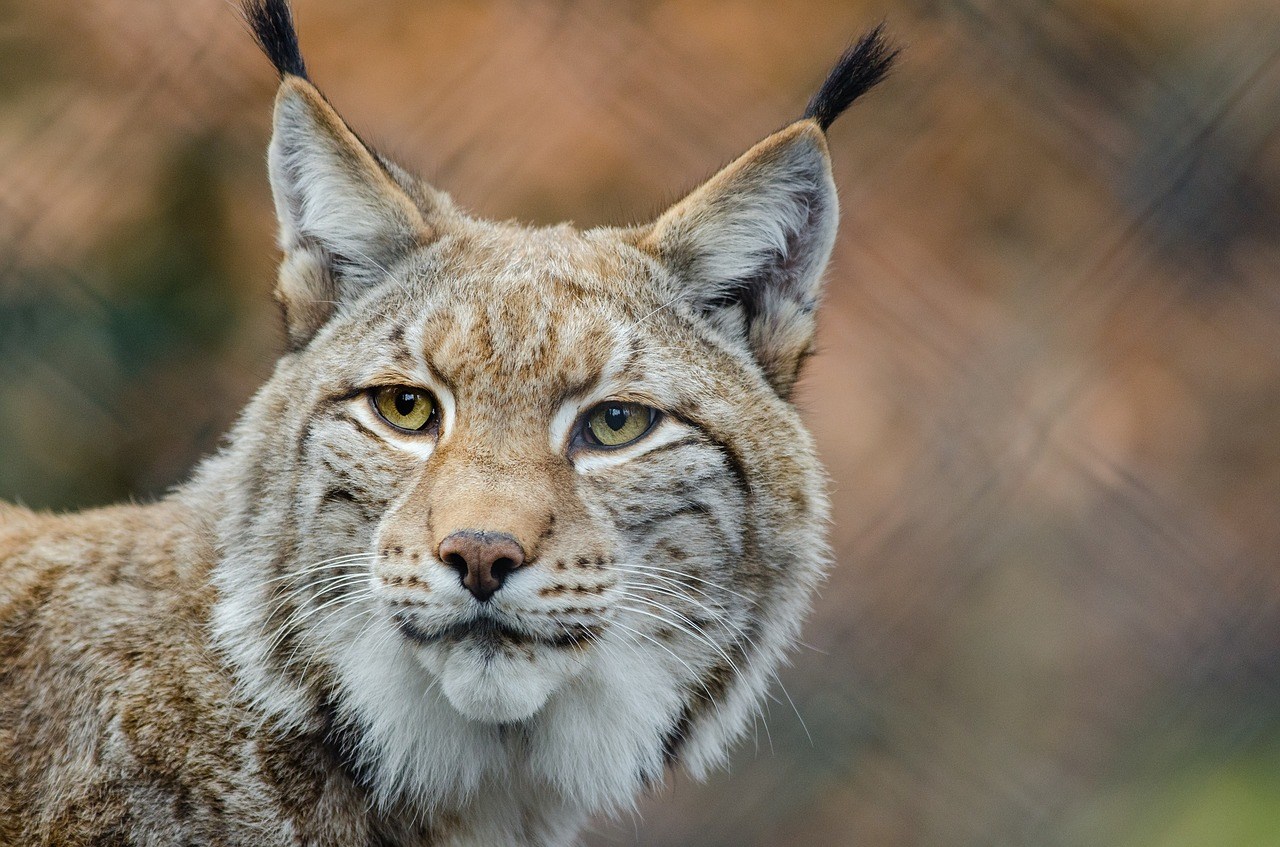
Bobcats are popular because when raised from kittenhood, they bond strongly with their owners, making them behave like giant versions of regular housecats. They’ll also bond with dogs, other cats, and even deer, as long as they’re raised with them.
However, the downside is that Bobcats can kill you if they feel like it. Bobcat-related fatalities are rare, of course, but there will always be the possibility that your cat could go off the rails and do a massive amount of harm to you or a family member.
Bobcat Legal Ownership Status in the US
| Legal: | North Carolina, South Carolina |
| Legal with Permit: | Arizona, Delaware, Florida, Indiana, Maine, Mississippi, Missouri, Montana, North Dakota, Oklahoma, Pennsylvania, Rhode Island, South Dakota, Texas, Wisconsin, Wyoming |
Source: https://worldpopulationreview.com/state-rankings/pet-bobcat-legal-states
2. Servals
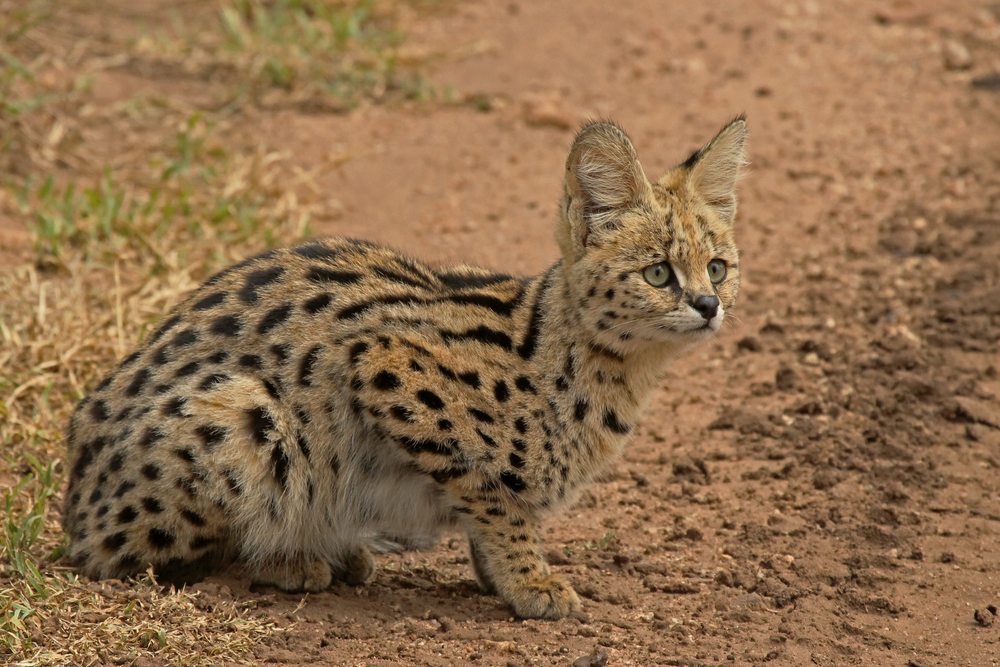
Servals look like miniature Cheetahs. They have long legs and big pointy ears and are covered in black markings, and they will likely cause people to panic if they see them out and about.
There’s not much to fear from these cats since there’s never been a recorded human fatality from a Serval. They’re much more interested in birds and mice—or their wet food—so you’ll need to be careful about overfeeding, as they can be prone to obesity when kept in captivity.
Serval Legal Ownership Status in the US
| Legal: | Alabama, Illinois, Louisiana, Michigan, Montana, North Carolina, South Carolina, Tennessee, West Virginia |
| Legal with Ownership Permit: | Arkansas, Florida, Idaho, Indiana, Maine, North Dakota, Oklahoma, Pennsylvania, Texas, Wyoming |
| Legal with Import Permit: | Kansas, Kentucky, Mississippi, Missouri, Washington, Wisconsin |
| Legal with Ownership & Import Permits: | Nevada, South Dakota |
Source: https://worldpopulationreview.com/state-rankings/serval-legal-states
3. Canadian Lynx
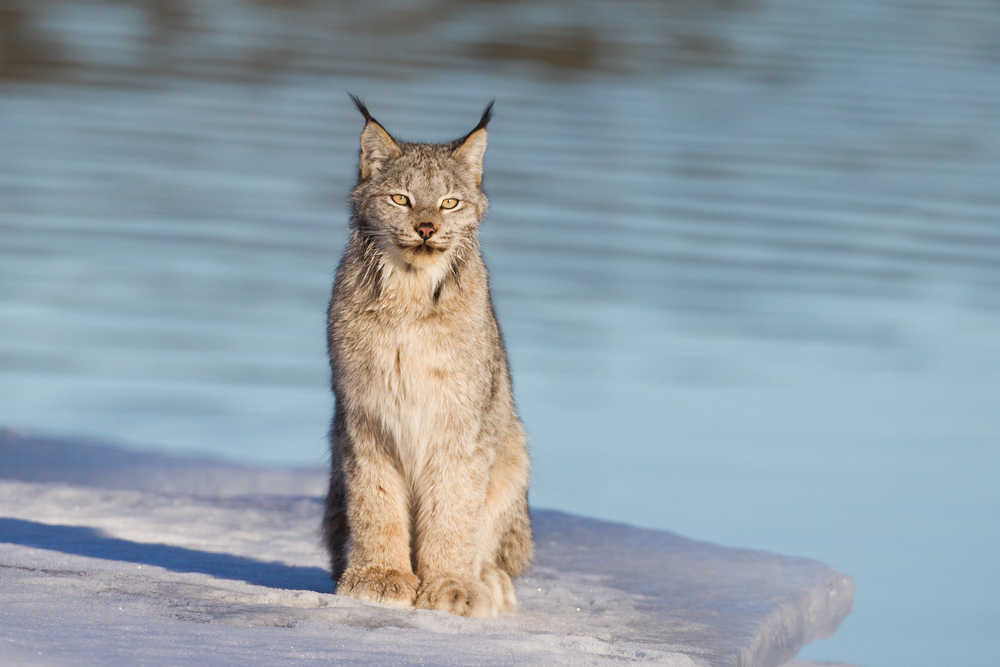
The Canadian Lynx is much like a bobcat, with two key differences: They don’t bond as close to their owners, but they’re not as prone to flights of fury. This wild cat breed just wants to be left alone.
They are incredible climbers, so you’ll need several tall cat trees in your home. They’ll spend most of their time lounging around from the highest perch they can find, but don’t worry, you’ll know they’re there, as they shed frequently.
Canadian Lynx Legal Ownership Status in the US
| Legal or No Regulation: | Alabama, Delaware, Nevada, North Carolina, Oklahoma, Wisconsin |
Source: https://bigcatrescue.org/state-laws-exotic-cats/
4. Siberian Lynx
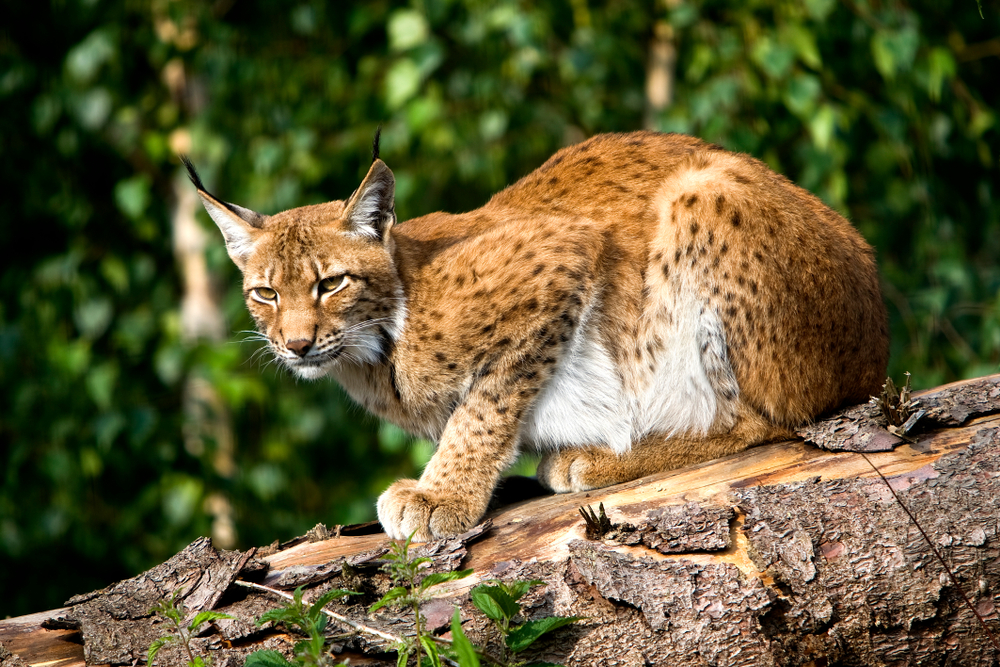
As a close relative to the Canadian Lynx, the Siberian Lynx is much bigger than its cousin, and it can weigh two to three times as much. Luckily, they act much like dogs and can be extremely outgoing and affectionate.
They also love to tear around your house at high speeds, knocking over anything that gets in their way, with little regard for how valuable it is. Fortunately, they do most of this running around late at night since the breed is mostly nocturnal.
Siberian Lynx Legal Ownership Status in the US
| Legal or No Regulation: | Alabama, Delaware, Nevada, North Carolina, Oklahoma, Wisconsin |
Source: https://bigcatrescue.org/state-laws-exotic-cats/
5. Fishing Cats

The Fishing Cat is the rare feline that loves to splash around in the water, so you may want to invest in a fountain or two if you decide to bring one home. The species is endangered, and you’re probably better off leaving them to conservationists.
While they’re legal to own in most places, it’s not a good idea. They haven’t been domesticated in the least, and they’ll probably view you as a potential predator who brings them food every day for some reason.
Fishing Cat Legal Ownership Status in the US
| Legal With Permit: | Indiana, Florida |
Source: https://www.findlaw.com/injury/torts-and-personal-injuries/exotic-animal-laws-by-state.html
6. Ocelots
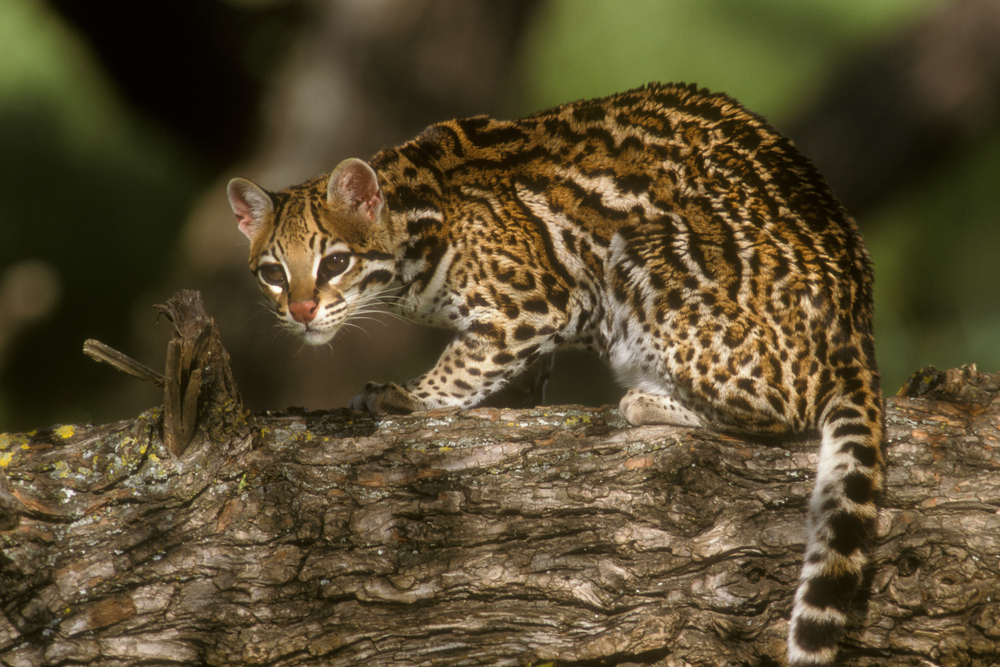
The most famous ocelot was the one that Salvador Dali kept as a pet, named Babou. Dali took his cat with him wherever he went, including restaurants. He was not receptive to any attempts to discriminate against his big cat either.
Dali was most fortunate that Babou never maimed anyone because an Ocelot’s personality is not as cuddly as their appearance. The cats will growl, swipe, and refuse any attempts to rein in their wild behavior, and if that’s not enough, they have a rank odor about them.
Ocelot Legal Ownership Status in the US
| Legal: | South Carolina |
| Legal with Permit: | Arizona, Idaho, Indiana, Maine, Mississippi, Missouri, North Dakota, Pennsylvania, Rhode Island, South Dakota, West Virginia, Wyoming |
| Unregulated: | Alabama, Delaware, Nevada, North Carolina, Oklahoma, Wisconsin |
Source: https://worldpopulationreview.com/state-rankings/ocelot-legal-states
7. Geoffroy’s Cats

If you want a wild cat breed that won’t pose a threat to your family, a Geoffroy’s Cat is a great choice. They weigh 4–8 pounds when fully grown, and the only way that they’ll kill you is with cuteness.
However, they don’t really like people or other animals. Geoffroy’s cats will keep to themselves as much as possible, and you can share your home with one and hardly ever see it.
Geoffroy’s Cat Legal Ownership Status in the US
| Legal With Permit: | Idaho, Indiana, |
Source: https://www.findlaw.com/injury/torts-and-personal-injuries/exotic-animal-laws-by-state.html
8. Caracals
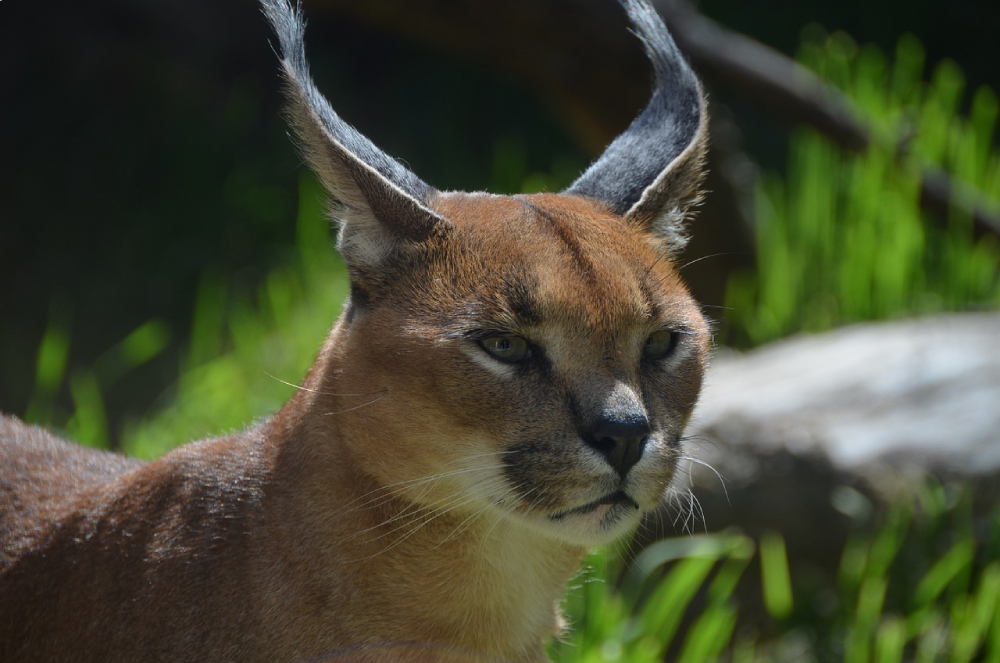
Caracals are kind of a cross between Servals and Lynxes, but they tend to be more approachable than either breed. They act like really big housecats, making them one of the species most suitable for use as pets on this list.
However, all of the play and affection that you offer them has to be given on their terms. You can’t just walk up and pet them (or, God forbid, pick them up) because they’ll quickly put you in your place. They also hiss, which can be extremely creepy.
Caracal Legal Ownership Status in the US
| Legal: | Arizona, Arkansas, Delaware, Florida, Indiana, Maine, Mississippi, Missouri, Montana, North Dakota, Oklahoma, Pennsylvania, South Dakota, Tennessee, Texas |
| Legal with Permit: | South Carolina, Idaho |
| Unregulated: | Alabama, Illinois, Michigan, Nevada, North Carolina, Wisconsin |
Source: https://worldpopulationreview.com/state-rankings/pet-caracal-legal-states
9. Jungle Cats
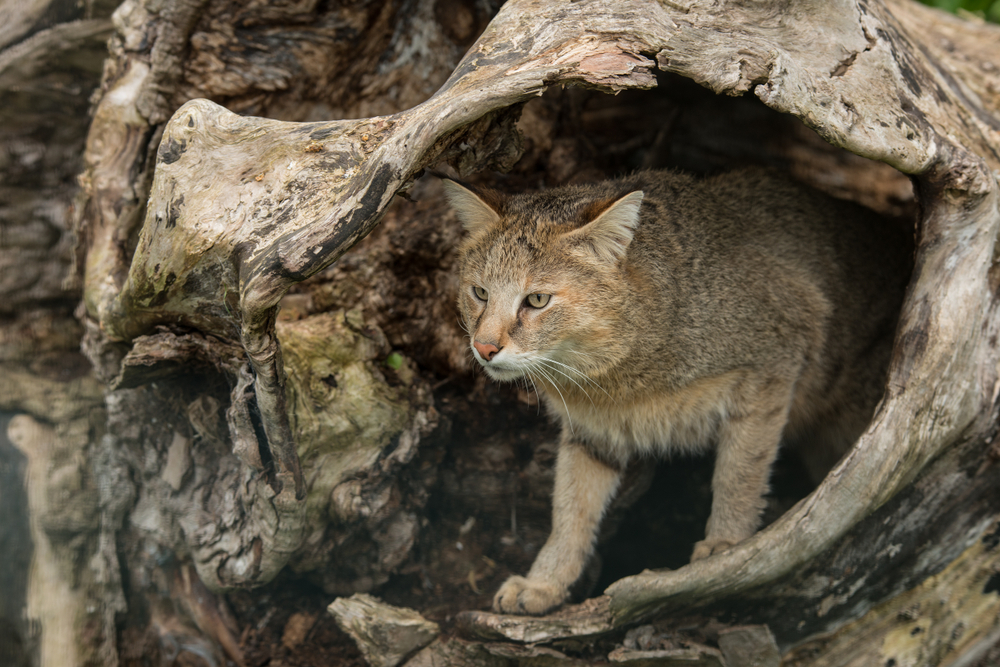
These animals look like overgrown house cats. Native to Asia and Egypt, Jungle Cats are incredibly nervous creatures, even when they’ve been living in the same house for several years. Expect them to run to the nearest hiding place whenever something unexpected happens.
They like to be left alone, and they’re not a good fit for needy cat owners. They do best in enclosed outdoor spaces, so if you can fence in your patio, that might be the best place to keep them.
Jungle Cat Legal Ownership Status in the US
| Unregulated | Alabama, Nevada, North Carolina, Wisconsin, Delaware, and Oklahoma. |
Source: https://bigcatrescue.org/state-laws-exotic-cats/
10. Asian Leopard Cats
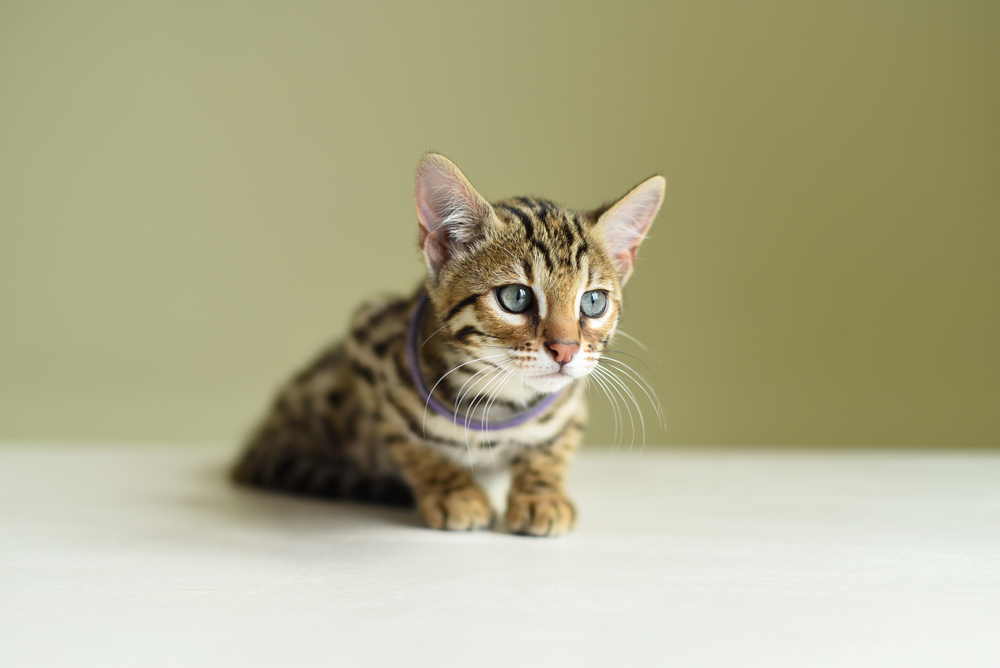
Asian Leopard Cats aren’t actual leopards, although they do a good imitation. These cats are much smaller, roughly the size of the average housecat, and they’re the forebears of the popular Bengal breed.
Asian Leopard Cats can make good pets, but only if they’re properly socialized from a young age. Even under the best circumstances, they’ll need plenty of alone time, so try not to overwhelm them with affection.
Asian Leopard Cat Legal Ownership Status in the US
| Legal with Restrictions or Permits: | Alabama, Delaware, Idaho, Indiana, Kansas, Louisiana, Mississippi, Nevada, North Carolina, North Dakota, Oklahoma, South Carolina, Texas, Washington |
Source: https://bigcatrescue.org/state-laws-exotic-cats/
Adopting a Regular Cat Is Still Your Best Bet
While these exotic cats are all sure to be conversation starters, most of them make poor pets, and they’d prefer to be left alone in the wild, anyway. You’re almost certainly better off rescuing a regular cat from the local pound than shelling out thousands of dollars to bring home a Jungle Cat. If you decide to adopt an exotic cat, ensure the species is legal to own in your area.
Related Reads:
- Exotic Cat Breeds That Are Legal to Keep as Pets in U.S. (With Pictures)
- Different Types of Wild Cats (With Pictures)
- Cat Breeds That Get Stolen Most Often (With Pictures)
Featured Image Credit: Serhii Miranovskyi, Shutterstock

